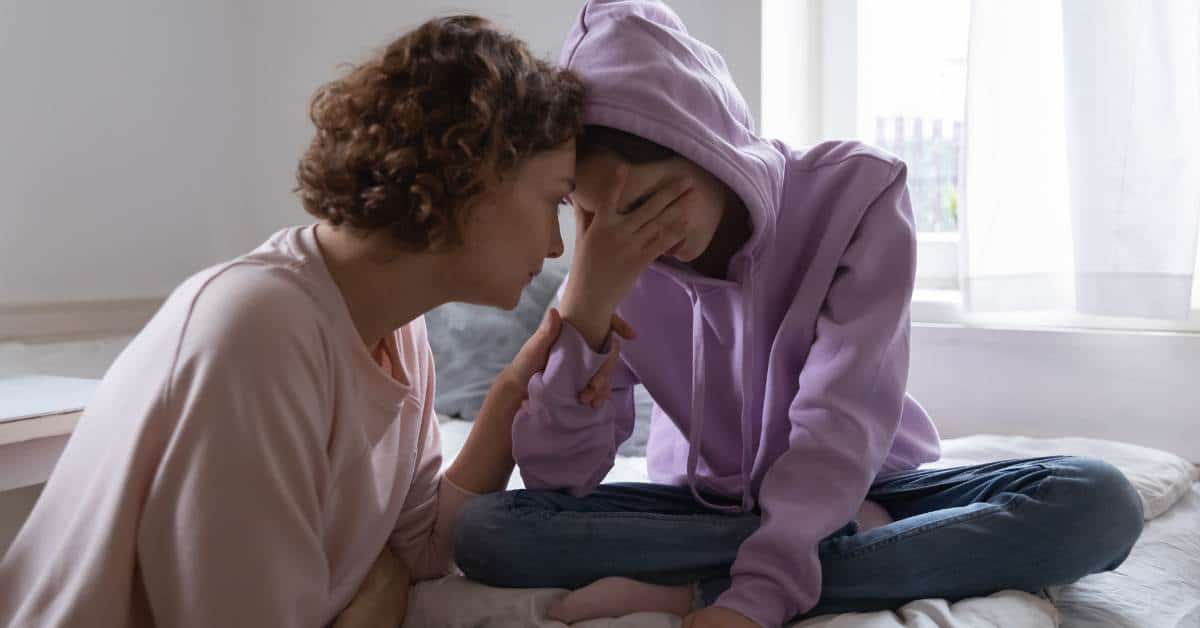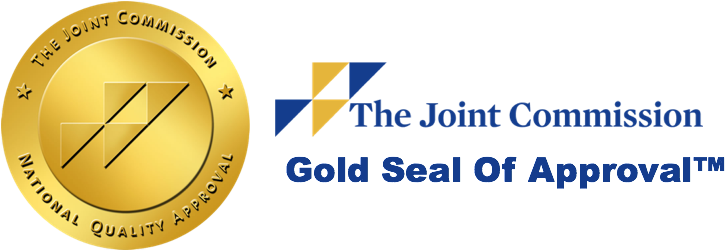In many 12-Step programs, they refer to alcohol and substance abuse disorder (SUD) as a “family disease.” However, these are not the only disorders that should be considered so. Mental health disorders, such as bipolar disorder, can have devastating effects on the entire family. This is why it can be critical to treating not just the individual but the entire family as well.
When bipolar disorder goes undiagnosed, each person in its orbit can be affected. But, these effects can be lessened to near non-noticeable levels with the proper care and treatment. Yes, bipolar disorder can be incredibly disruptive, but it doesn’t have to be.
Bipolar Disorder: What to Look Out For
So what exactly is bipolar disorder? The National Institute of Mental Health (NIMH) offers us one of the most foundational definitions. They define bipolar disorder — formerly called manic-depressive illness or manic depression — as “a mental illness that causes unusual shifts in mood, energy, activity levels, concentration, and the ability to carry out day-to-day tasks.”
It is also important to understand that bipolar disorder is trifurcated into three categories:
- Bipolar I disorder: Tends to be the most severe, with more extreme levels of mania and longer periods of depression
- Bipolar II disorder: Has shorter durations of both mania and depression and tends to have more depressive than manic characteristics
- Cyclothymic disorder: Also known as cyclothymia, and has both hypomanic and depressive episodes, but they are not severe enough to qualify as bipolar I or II disorder
A simplified way of understanding these three categories is based on the levels of severity.
Overarching Symptoms of Bipolar Disorder
Now that we understand the breakdown of the categories of bipolar disorder, here are some of the overarching symptoms to look out for:
- An interrupted sleep cycle, including sleeping too much or not enough
- Having racing thoughts
- Having trouble concentrating for long periods of time
- Engaging excessively in risky behaviors, such as sexual behaviors and alcohol or substance misuse or abuse
- Feelings of heightened importance, grandeur, or significance
- Feelings of hopelessness or worthlessness
- Having thoughts of suicide
You can see how many of these symptoms are rather severe, which is why treatment is so crucial. But, that cruciality may not be just for the one struggling but also for those in their sphere of influence.
Mental Health Struggles Are a “Family Disease”
One of the negative outcomes that arise from undiagnosed bipolar disorder is the potential dismantling of the family unit. For those struggling with bipolar disorder, it can be difficult to differentiate “normal” behaviors from the abnormal.
If a manic episode goes untreated for too long, there is a chance that the individual can lose their basis in reality. They can also disregard the consequences of their actions. This uncontrolled self-centeredness can make it very difficult to interact with them.
There is also a chance that risky behaviors such as alcohol or substance abuse can maximize the negative effects of bipolar disorder. This behavior can bring instability and recklessness to the home. This can lead to familial fracturing and loss of communication.
Ultimately, the best chance someone has at recovery from bipolar disorder is getting a proper diagnosis and appropriate care. Once this happens, the next step should be healing the family.
Treating the Individual
The two primary evidence-based treatment plans for bipolar disorder are medication and psychotherapy. These treatments are best utilized in tandem.
#1. Medication
According to the Substance Abuse and Mental Health Service Administration (SAMHSA), the medications most associated with bipolar disorder are mood stabilizers, antipsychotics, and antidepressants. These medications aid in managing mood swings and related symptoms.
#2. Talk Therapy
SAMHSA also recognizes that the most common form of psychotherapy for treating bipolar disorder is “talk therapy.” They explain, “Therapy helps people accept their disorder, recognize the warning signs of a manic or depressive episode, develop coping skills for handling stress, and stick with a medication schedule. Therapy also improves communication and relationships among families.” While talk therapy can be critical for the individual, family therapy can be pivotal in helping everyone recover.
Healing the Family
Recovery should be viewed as a long-term solution rather than a short-term remedy. Recovery does not simply conclude once the individual leaves the doors of a treatment facility or concludes an intensive outpatient program. There must be a treatment plan in place for moving on with everyday life.
When the entire family takes part in this treatment plan, the greater chance there is for success. After all, the family is the lifeline by which many of us live to our fullest potential. By engaging in family therapy, lines of communication can be reopened, and psychological wounds can begin to heal.
Here at The Phoenix Recovery Center, we understand that issues of mental health take their toll on the entire family. If you feel like your family is struggling, please know that the struggle does not have to continue. There is a way out, but the only way out is through. If you or a loved one is struggling with bipolar disorder, we can help. Call The Phoenix Recovery Center at (801) 438-3185 today to get started.







